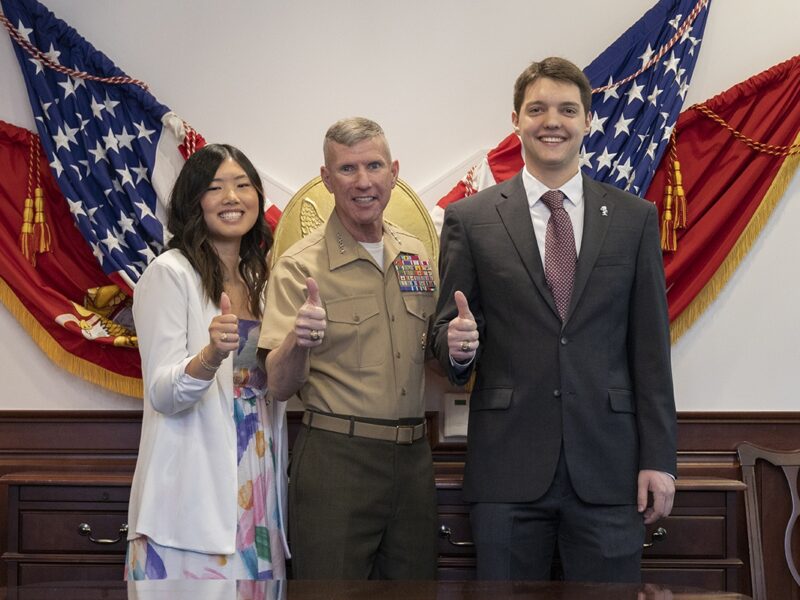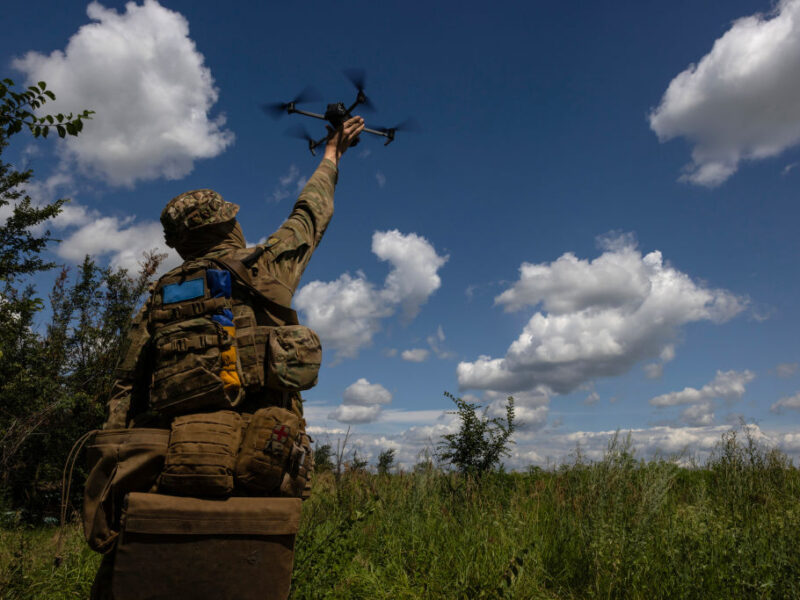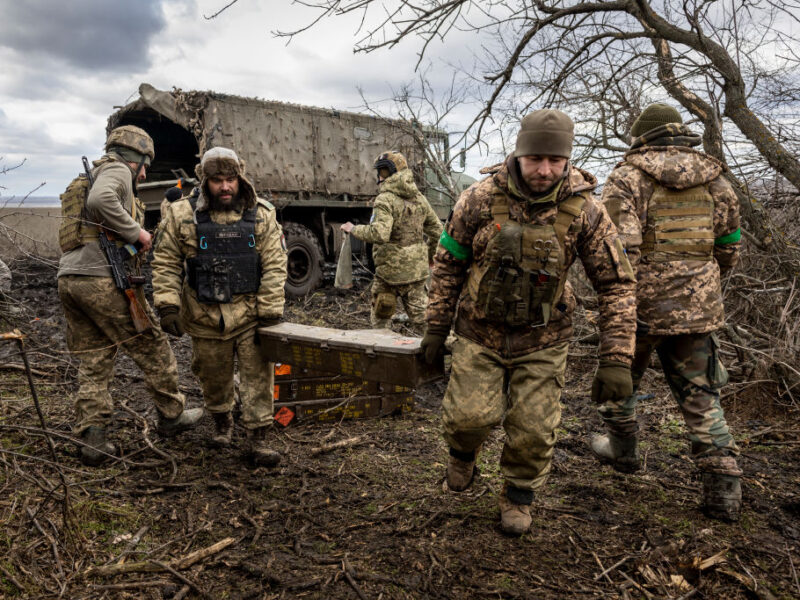Veterans Find A Home At Texas A&M; ‘Maroon Wall’ Prime Example
Whether it’s a grand gesture such as the “Maroon Wall,” or simply having a mentor to talk to, at Texas A&M University and in the Bryan-College Station community, veterans are shown the utmost respect and support.
The unwavering support of the Aggie community not only to veterans, but their dependents, surviving family members, active troops, reservists and national guardsmen, tells me this is where I need to be,” says Taylor Sessions, an Aggie student veteran and member of the Corps of Cadets.

Sessions says the recent display of support for a fallen soldier, the Maroon Wall, is a testament to the Aggie community’s commitment to military support. This past July, at the funeral of Lt. Col. Roy Tisdale, a Texas A&M alumnus, an infamous protest group described by the Anti-Defamation League as a “homophobic and anti-Semitic hate group” was rumored to be attending to protest the funeral at Central Baptist Church in College Station. In response, hundreds of Texas A&M students and alumni donned maroon shirts and formed a line in front of the church, creating a human barricade. The protest group never showed up.
“The values of the university and community match the values of the military,” says Sessions, who is currently in the Air National Guard and a junior at Texas A&M, Class of ’14, majoring in agricultural economics. Sessions served as an Air Force senior airman, working in intelligence and stationed out of Houston’s Ellington Field Joint Reserve Base. In December 2010, he was deployed to Balad Air Force Base in Iraq, where he served for seven months, providing intelligence support for air crews.
Sessions feels fortunate to have returned from overseas to a culture that is so unified in troop support. “I’ve known guys that have returned home and been spit on,” he laments. “At Texas A&M, I’ve never experienced anything negative. I feel at home here as a veteran.” And it’s no wonder, since the university has long been known as a military-friendly campus, ranking No. 12 in the nation on the Military Times Edge 2011 list of the Best Colleges for Vets.
Becoming a member of the Corps of Cadets’ Delta Company (D-Co) also helped Sessions readjust to college life. D-Co is a special unit for prior servicemen and women in the active military, reserves and National Guard. “Everyone there has similar experiences,” he explains. “I talk about my time in Iraq and people there can relate.”
Camaraderie is just one of many benefits of being an Aggie student veteran, according to Joe Pettibon, associate vice president for academic services. He says Texas A&M is more engaged than most universities when it comes to veteran support. “It’s not any one office or any one person who’s reaching out to them,” he says. “There are military and veteran liaisons in many different offices on campus. We have mentors, career counseling, resources for dependents – we’ve put a lot of things in place to try and help the veterans engage and feel like they have support here. There’s even a lounge in the MSC for vets.”
Pettibon says veteran enrollment has increased by 20 percent over the last five years and the university’s support system has grown with it. Texas A&M’s Veteran Services Office has increased its staff, and resources will continue to expand as more troops are returning from overseas.
The Veterans Services Office can point veterans in the right direction for everything from navigating the GI Bill process and applying for scholarships to counseling, housing and dependent care.
“Campus is full of individuals who will bend over backwards to help veterans,” says Sessions. “The career center has two veteran career counselors and a veteran resume support day, where they’ll explain how you convert your military resume to a civilian resume.” He points out that Mays Business School at Texas A&M offers “Entrepreneurship Bootcamp for Veterans”, an annual week of training in entrepreneurship and small business management for post-9/11 veterans with disabilities resulting from military service. “What they do here, it’s above and beyond what other schools do,” he says.
Sessions notes that although veteran outreach at Texas A&M is beyond what most schools accomplish, there is always room for improvement. In May of 2012, the association met with university officials, including President R. Bowen Loftin, to discuss measures to further improve the support of student veterans.
Pettibon says having former soldiers working on campus is also a plus for returning vets. “We’ve always had veterans coming back not only as students, but also as faculty and staff, including our current Vice President for Student Affairs, Joseph Weber, retired Lt. Gen., USMC.”
Pettibon formed the Troops to College Committee as an advocacy group for student veterans. The committee includes people from student affairs, counseling, ROTC and a variety of other offices, plus students and off-campus community members. “We formed the committee to answer the question: ‘how do we address the needs of student veterans and eliminate barriers for them to pursue a degree here,’” he explains.
Sessions and Pettibon agree that receiving academic credit for military service time is a huge issue for student veterans. Pettibon says the university does all it can to ensure proper credit is given for what troops are learning and doing while enlisted.
And if a student is called up for active duty service, “We facilitate an easy withdrawal and return to classes once they get back,” Pettibon explains.
Sessions invites current Aggie student veterans to join the Texas A&M Veteran’s Association, a student organization in which he is an officer. “Our mission is to support everyone in the military community in our area. We are here to help with whatever they need.”
Resources for veterans at Texas A&M are there, says Sessions, but it’s up to the individual to seek them out. “Being out of school and then attempting to jump back into that groove is challenging,” he says. “I went looking for help; I looked for tutoring, went to my professors, asked other veterans – you have to be proactive. You can’t sit back and expect the help to come to you.”
Media contact: Lesley Henton, Texas A&M News & Information Services.





